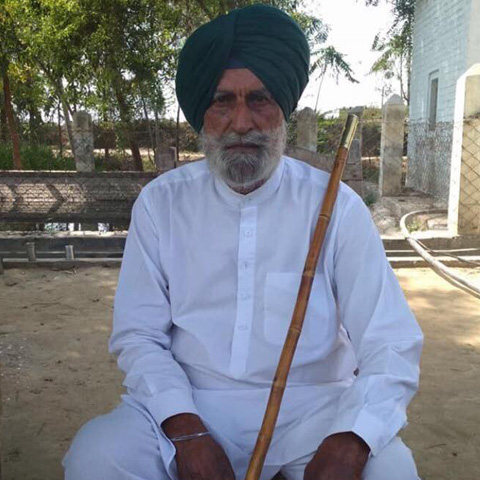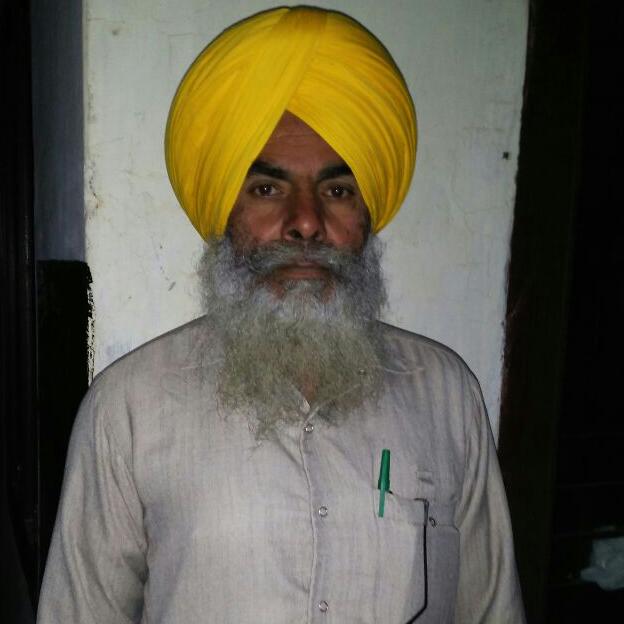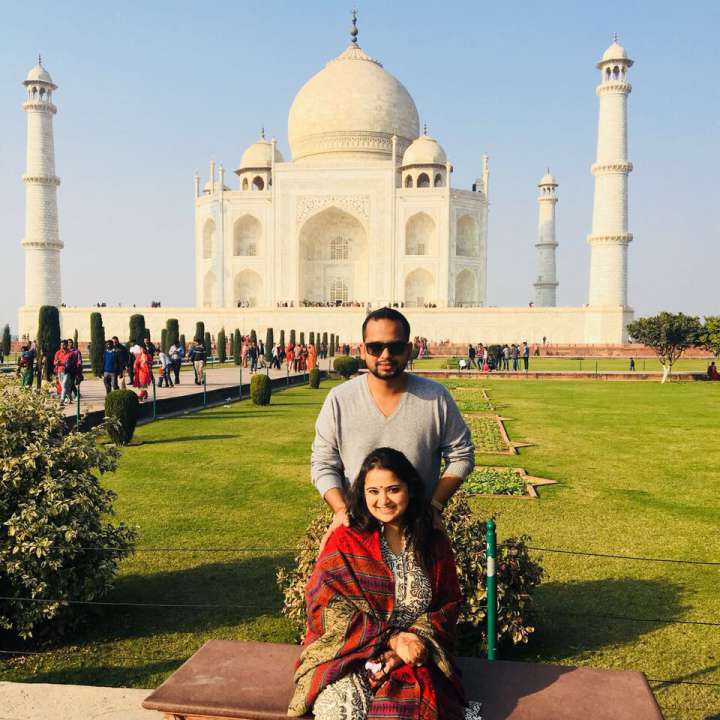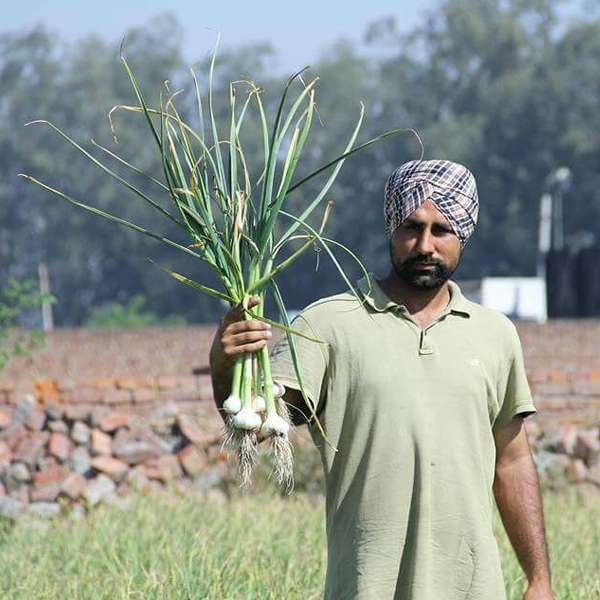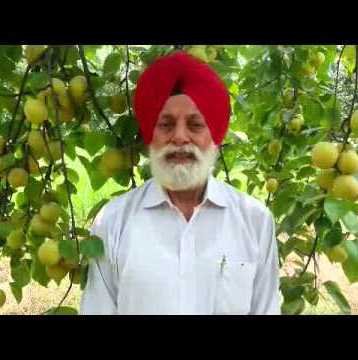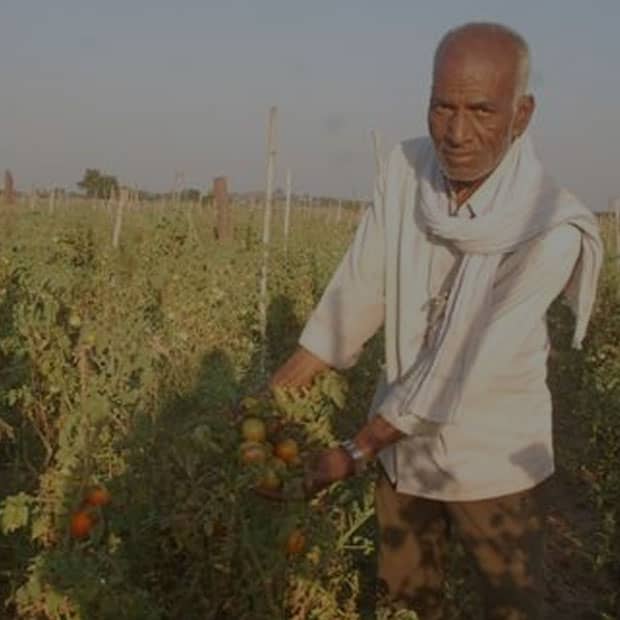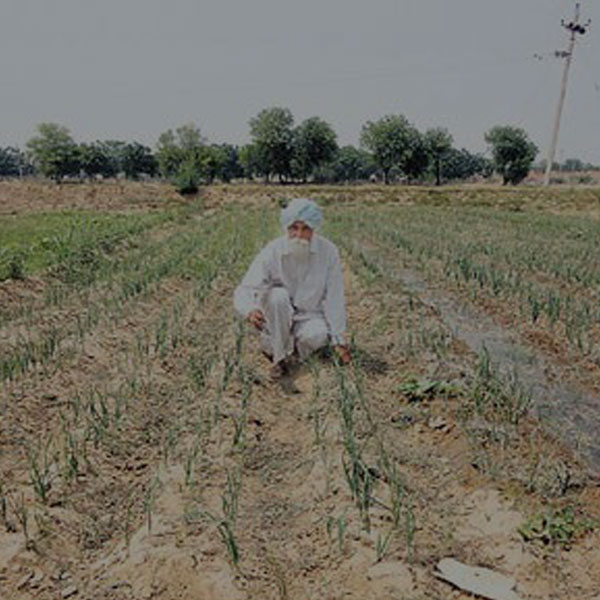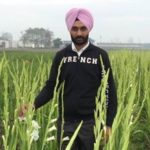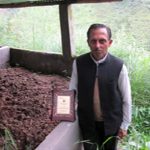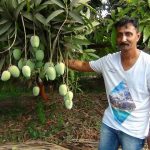Success Story of a Punjab-Based-Farm Which Is Left Unaffected With the Impact of Green Revolution
A farmer whose whole life cycle depends on the crop yield, for them facing crop failure even once can be a devastating situation. Coping up with this situation every farmer takes preventive measures that he is capable of, to avoid the losses… and this is how our agriculture sector in the race of producing high yield, had moved towards modernization by adopting Green Revolution. But there is one farm based in Punjab which is completely left untouched from the impact of Green Revolution.
This is the story of a man – Inder Singh Sidhu, 89, and his family run farm – Bangla Natural Food Farm. A part of the story began when Green Revolution came to India. It’s a matter of time when in the name of pesticides and fertilizers harmful chemicals were put in the hands of farmers. Inder Singh Sidhu was also one of those farmers who encountered some striking incidences which made him hate the use of pesticides.
“A spray was used to kill the pest in the sugarcane field and at that time farmers were warned not to collect fodder for their livestock. Similar type of process was also practiced in the Sorghum field and the spray was so toxic that it even killed the rats and other small insects.”
After observing both of these incidences, Inder Singh Sidhu thought that if these sprays can be harmful to the livestock and pests, then it will harm us as well. Mr. Sidhu decided at that very moment, whatever happens, he will not let such poisonous things enter his farm boundaries. And this is how traditional farming practices of using farm-made manure and eco-friendly methods saved the Bangla Natural Food Farm from death-dealing sprays.
Well, Inder Singh Sidhu is not alone, his son and daughter-in-law- Madhumeet Kaur, both support him. From kitchen to kitchen garden to farm, Madhumeet Kaur takes interest in all the activities and walks beside her husband and father-in-law.
Earlier, when Britishers used to rule India, at that time people called Fazilka, Bungalow (Bangla in Punjabi), so that is why my father-in-law named the farm Bangla Natural Foods. – Said Madhumeet Kaur with a little chuckle
Inder Singh Sidhu believes in traditional farming practices but he never hesitates from adopting modernized eco-friendly farming techniques. He uses all the modern machinery at his farm by taking it on rent, and for the preparation of manure, he also uses “Waste Decomposer” on his daughter-in-law’s recommendation. In place of pesticides, he uses Sour Buttermilk spray, Neem spray, and other alternatives to keep the harmful pest away from the crops.
The main crop for which Bangla Natural Food farm is recognized is the cultivation of the oldest variety of wheat- Bansi. Bansi wheat is a 2500-year-old indigenous variety of India which is rich in vitamins and has great food value.
“When we knead the dough of naturally grown and processed Bansi Wheat flour then it always looks white and fresh even the next day, but kneaded dough of wheat flour which we buy from the market turns black after few hours. – Said Madhumeet Kaur”
Other than wheat Mr. Sidhu cultivates Sugarcane, Garlic, Onion, Turmeric, pulses, seasonal vegetables and they have also maintained mixed fruit orchard in 7 acres. In the age of 89, Mr. Sidhu is perfectly fit and fine, he never takes any day off from the farm and supervises all the farm work with the help of few workers. Many people of the village criticize the efforts of Inder Singh Sidhu and say “What is this old man doing…”, but now many criticizers have turned into customers and like to buy the vegetables and processed products from Bangla Natural Food Farm.
Besides farming Inder Singh Sidhu’s daughter in law also processes some products from the farm produce like – Vermicelli, Bulgur, Rice Vermicelli, Rice Namkeen, Guava Juice and Garlic Powder. Most of the processed products and crops are for home purpose or distributed among friends and relatives.
Property of 50 acres land divided into 3 plots, is under the possession of Inder Singh Sidhu, out of which 1 plot is cultivated naturally from the last 30 years and 36 acres land is given on lease to other farmers. For his natural farming approach, Kheti Virasat Mission has also given him certification.
The family believes in preserving the heritage and traditional way of living, they use clay utensils (kuja’s, hara etc.) for cooking. Organic durries, sandhook and manjhi’s are used in day to day living.
Future Plan: Planning to open a small at the farm to sell the harvest and processed products from their farm along with other local natural and organic farmers and convert their farm into a tourist place.
“As we know, if the chemicals are brutal for the pests then it will be harmful to nature as well, so keeping this in mind we should avoid using such things which can ultimately hit us back in the future. Moreover, most of the insects found, are friendly and killing them with the use of pesticides is bad for the crop as well as the environment. The farmer should be aware of the friendly pests and enemy pests. And one of the most important things that matter is that if you are satisfied with your work then you can do anything.”
Well, good health and liveliness show that hard work and devotion towards natural farming has paid well to Inder Singh Sidhu in return, and his personality and farming practices have already made him popular in the nearby places.


